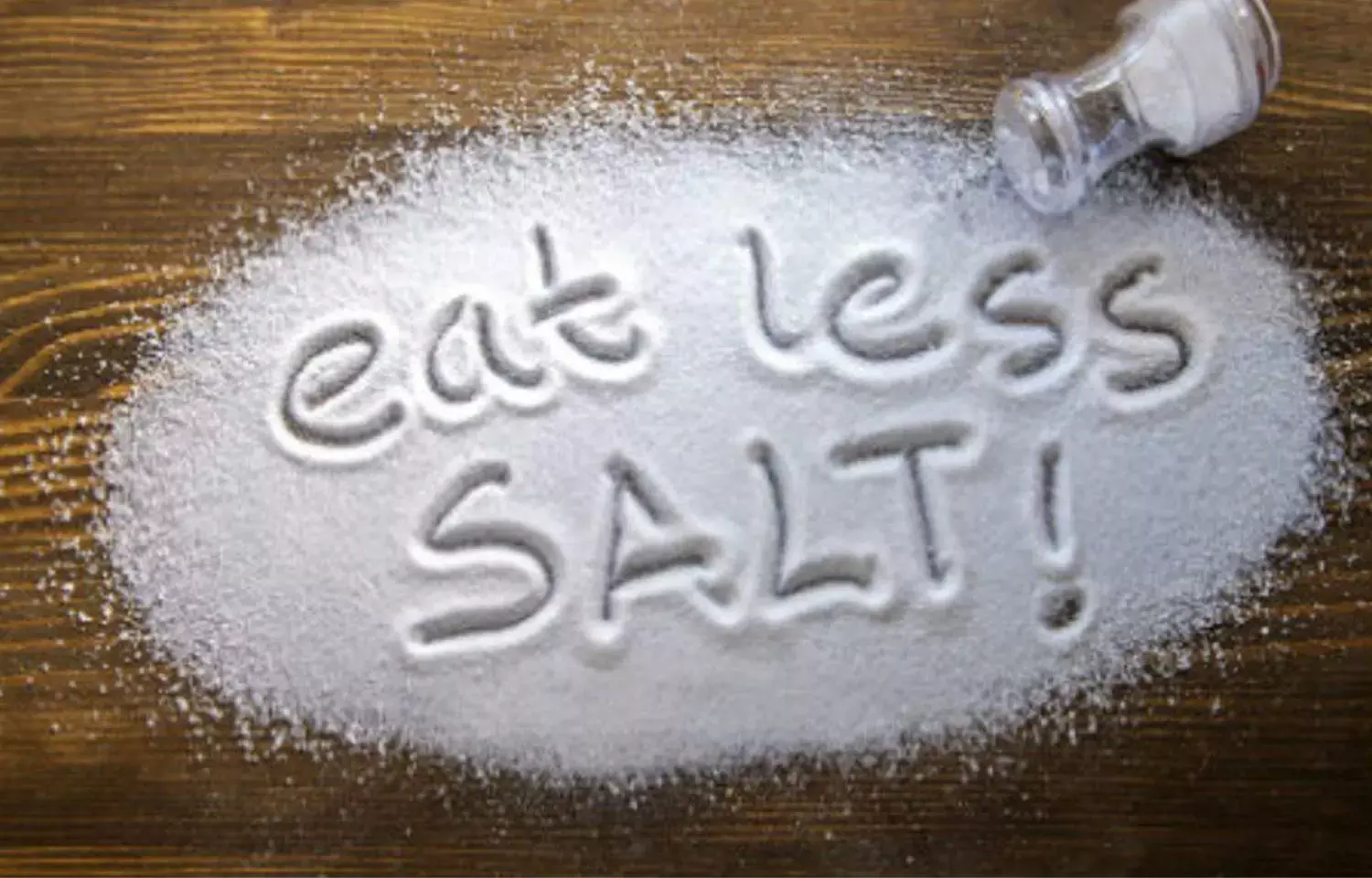- Home
- Medical news & Guidelines
- Anesthesiology
- Cardiology and CTVS
- Critical Care
- Dentistry
- Dermatology
- Diabetes and Endocrinology
- ENT
- Gastroenterology
- Medicine
- Nephrology
- Neurology
- Obstretics-Gynaecology
- Oncology
- Ophthalmology
- Orthopaedics
- Pediatrics-Neonatology
- Psychiatry
- Pulmonology
- Radiology
- Surgery
- Urology
- Laboratory Medicine
- Diet
- Nursing
- Paramedical
- Physiotherapy
- Health news
- Fact Check
- Bone Health Fact Check
- Brain Health Fact Check
- Cancer Related Fact Check
- Child Care Fact Check
- Dental and oral health fact check
- Diabetes and metabolic health fact check
- Diet and Nutrition Fact Check
- Eye and ENT Care Fact Check
- Fitness fact check
- Gut health fact check
- Heart health fact check
- Kidney health fact check
- Medical education fact check
- Men's health fact check
- Respiratory fact check
- Skin and hair care fact check
- Vaccine and Immunization fact check
- Women's health fact check
- AYUSH
- State News
- Andaman and Nicobar Islands
- Andhra Pradesh
- Arunachal Pradesh
- Assam
- Bihar
- Chandigarh
- Chattisgarh
- Dadra and Nagar Haveli
- Daman and Diu
- Delhi
- Goa
- Gujarat
- Haryana
- Himachal Pradesh
- Jammu & Kashmir
- Jharkhand
- Karnataka
- Kerala
- Ladakh
- Lakshadweep
- Madhya Pradesh
- Maharashtra
- Manipur
- Meghalaya
- Mizoram
- Nagaland
- Odisha
- Puducherry
- Punjab
- Rajasthan
- Sikkim
- Tamil Nadu
- Telangana
- Tripura
- Uttar Pradesh
- Uttrakhand
- West Bengal
- Medical Education
- Industry
Granulocytes count may be mediator of high sodium intake and poor Renal and CV Outcomes

Netherlands: The relation between high-sodium intake and both cardiovascular and renal outcomes is mediated by granulocytes, reports large prospective cohort results published in The Journal of The American Heart Association.
Sodium, an electrolyte ( mineral) plays a key role in maintaining the right balance of fluids in our body. But, high sodium intake has been associated with a range of adverse outcomes. The WHO has recommended limiting dietary sodium to 2 g/day in healthy adults. Studies have shown that sodium has immune‐modulating properties, which leads to deleterious health outcomes but there is less evidence of the effects of high sodium consumption on neutrophilic granulocytes. Recently, granulocyte counts have been reported to be associated with hypertension, cardiovascular disease, renal outcomes, and all‐cause mortality. The role of increased sodium consumption in this association is a mystery.
Eliane F., University of Amsterdam, Netherlands and colleagues conducted a study to determine the association between (1) sodium intake and granulocytes on a population level; (2) granulocytes and the presence of hypertension and both cardiovascular and renal outcomes; and (3) role of granulocytes in mediating the relation between high‐sodium intake and these outcomes.
Investigators enrolled 13 804 participants from the prospective EPIC (European Prospective Investigation into Cancer)‐Norfolk cohort, with a mean age of 58 years and a median follow‐up of 19.3 years. Analyses were carried out using calculated estimated sodium intake and sodium‐to‐potassium ratios from spot urines at baseline. The main outcomes were set as hypertension at baseline and composite cardiovascular (mortality or cardiovascular events) and renal (mortality or renal events) outcomes during follow‐up.
Key findings of the analysis,
• Sodium intake and urine sodium‐to‐potassium ratio were positively associated with circulating granulocyte concentrations after adjustment for confounders (P=0.028 and P<0.001, respectively)
• Granulocytes significantly mediated the associations of sodium intake and urine sodium‐to‐potassium ratio with hypertension at baseline, and cardiovascular and renal outcomes, respectively
The authors conclude that the association of high sodium intake with worse cardiovascular and renal outcomes could be explained by alteration in immune cell counts. The study shows an association of estimated sodium intake and urine sodium‐to‐potassium levels with granulocytes at the population level, and a subsequent association of granulocytes with worse long‐term cardiovascular and renal outcomes. As a by-finding, the study revealed an independent negative association between estimated potassium intake and granulocytes that may exceed the effects of sodium.
The present study has established the immune‐modulating effects of sodium and the causal role of immune cells in both cardiovascular and renal disease, future studies need to investigate this potential causal pathway, the authors suggested.
For further reference log on to:
Eliane F. E. Wenstedt, Hessel Peters Sengers, S. Matthijs Boekholdt, Kay‐Tee Khaw, Nicholas J. Wareham, Bert‐Jan H. van den Born and Liffert Vogt
Originally published 22 Jun 2022https://doi.org/10.1161/JAHA.121.023727Journal of the American Heart Association. 2022;0:e023727
BDS
Dr. Hiral patel (BDS) has completed BDS from Gujarat University, Baroda. She has worked in private dental steup for 8years and is currently a consulting general dentist in mumbai. She has recently completed her advanced PG diploma in clinical research and pharmacovigilance. She is passionate about writing and loves to read, analyses and write informative medical content for readers. She can be contacted at editorial@medicaldialogues.in.
Dr Kamal Kant Kohli-MBBS, DTCD- a chest specialist with more than 30 years of practice and a flair for writing clinical articles, Dr Kamal Kant Kohli joined Medical Dialogues as a Chief Editor of Medical News. Besides writing articles, as an editor, he proofreads and verifies all the medical content published on Medical Dialogues including those coming from journals, studies,medical conferences,guidelines etc. Email: drkohli@medicaldialogues.in. Contact no. 011-43720751


